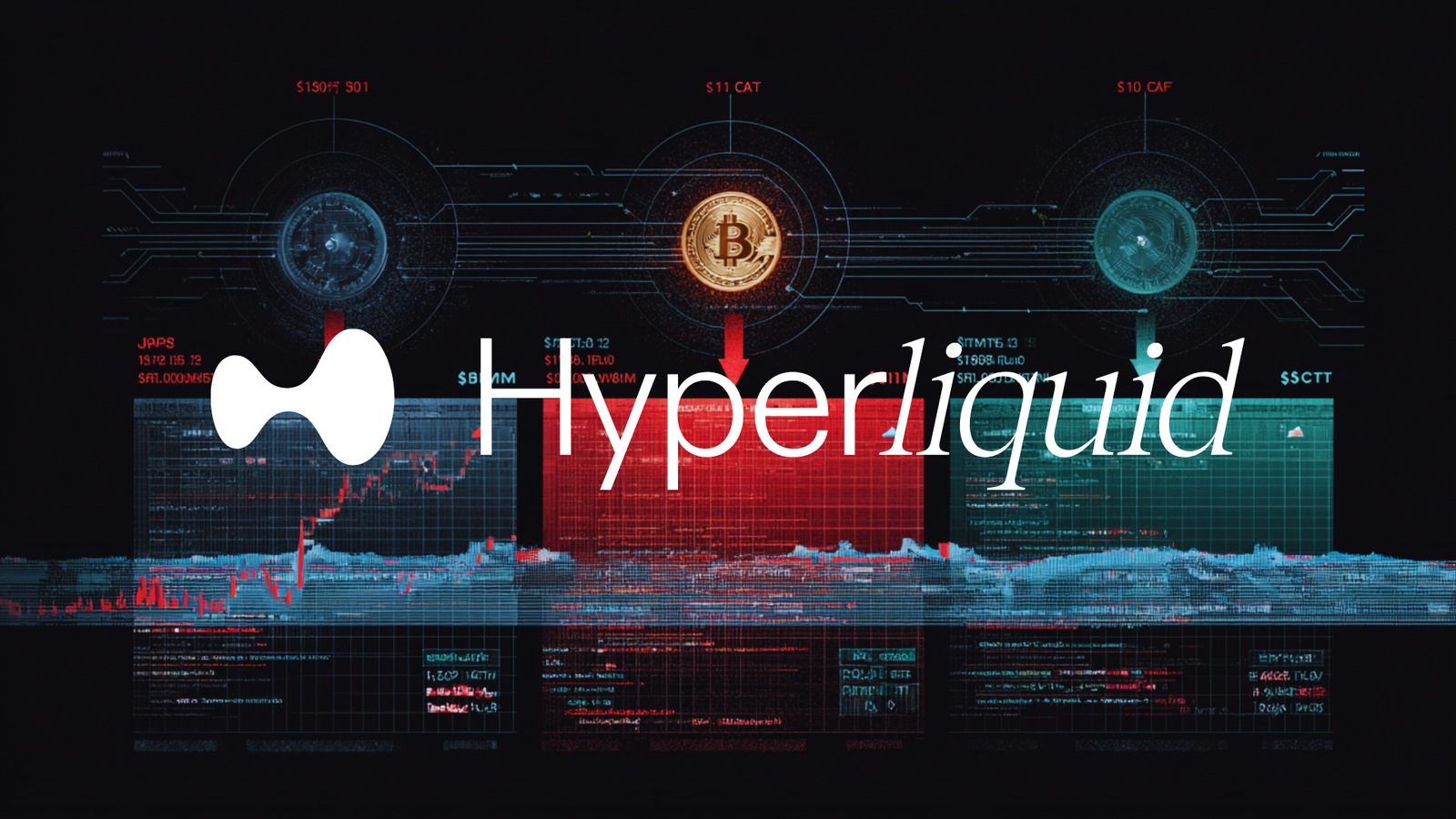Ten years in, Ethereum’s co-founder is making the network’s purpose clearer than ever. Its primary mission isn’t to be the fastest or the cheapest. It’s to be the one blockchain that is always on.
The anniversary livestream opened with a reminder of Ethereum’s defining trait: in ten years, the network has never gone offline. Billions of transactions, 16 major upgrades—zero downtime. That track record, co-founder Vitalik Buterin later argued, isn’t a milestone. That’s the point.
“The core thing of what Ethereum is, is it’s a global, secure, permissionless platform for building general purpose applications,” Buterin stated during a conversation with co-founder Joe Lubin. He explained that for this to work, the platform must be robust.
“It can’t go down,” he said, repeating the phrase for emphasis. “I think Ethereum has a really amazing record of staying online for the last 10 years. It can’t go down.”
Buterin didn’t present uptime as a technical feature, but as the baseline requirement for Ethereum to serve any broader social role: “Enabling applications that continue to both move humanity forward and improve our ability to cooperate, but at the same time protect people’s digital rights and self-sovereignty. For that to be possible at all, the platform really needs to have all of those properties embedded in it.”
The Philosophical Choice: Reliability Over Raw Speed
This focus on permanent uptime is a clear strategic choice, positioning Ethereum as the bedrock settlement layer in a field of challengers who often prioritize raw speed. Competitors like Solana have famously suffered outages, which, while temporary, undermine the core promise of a decentralized network that can’t be turned off.
Ethereum’s development path, particularly its “rollup-centric roadmap,” reflects a deliberate decision to offload the quest for hyper-scalability to Layer 2 networks. This allows the main blockchain to focus on maximizing security and decentralization. The cost can be high transaction fees during peak demand, but Buterin’s remarks signal a conviction that this is the correct trade-off.
This philosophy was echoed by Ethereum Foundation core developer Tim Beiko earlier in the presentation. He described Ethereum’s roadmap as a process of “taking things that seem impossible and making them inevitable.” Permanent, unshakable uptime is now clearly at the top of that list.
The ChainStreet Takeaway
Ethereum’s core proposition is simple: don’t go down. In a system where everything else can fail, it wants to be the thing that doesn’t. Not faster, not cheaper—just there, always. That’s not a feature. It’s the foundation.



